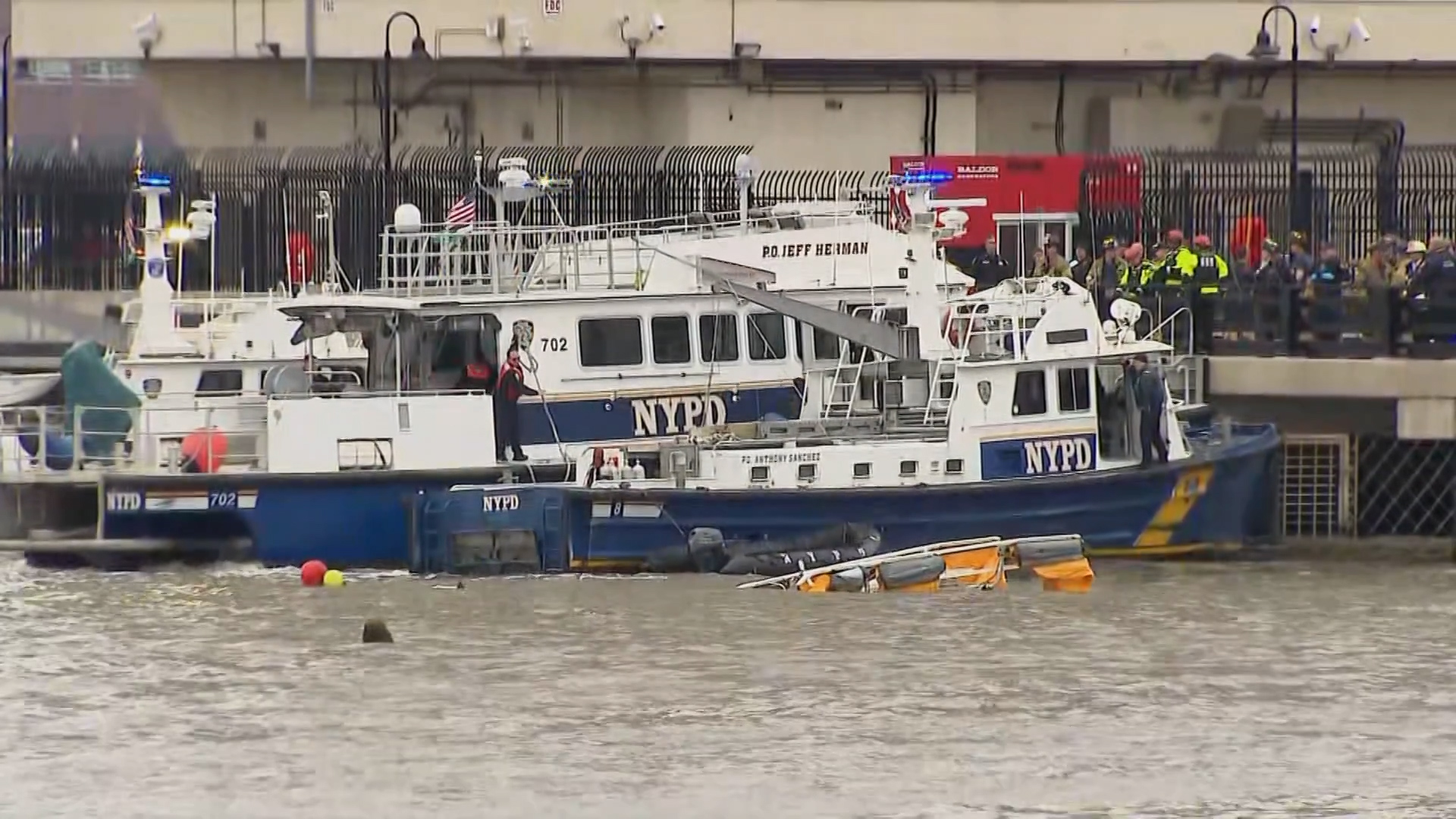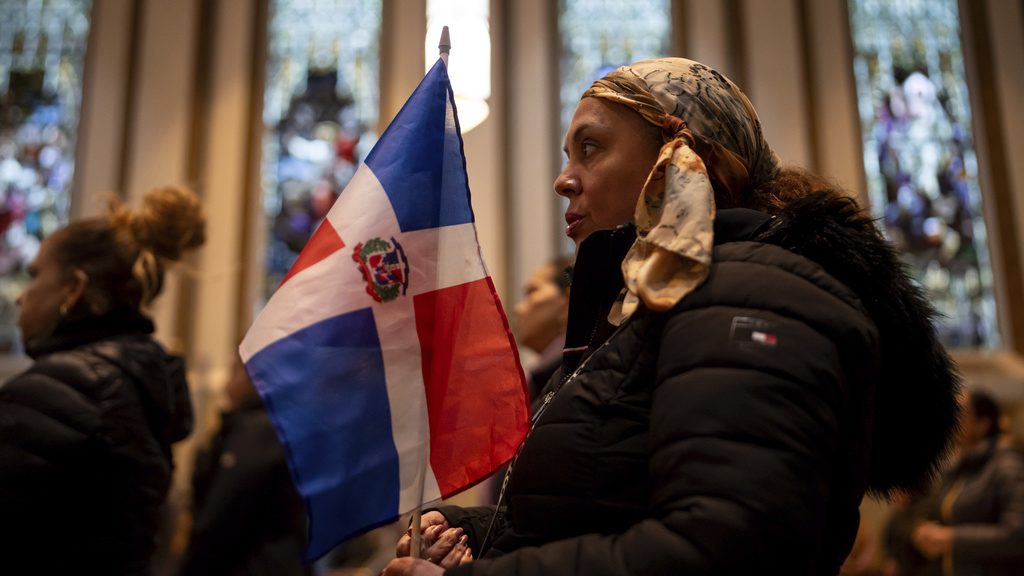The number of subway delays rose last year, according to new findings by the state comptroller’s office, according to a published report.
The audit found that on-time performance in 2014 dropped to 74 percent on weekdays and 81 percent on weekends — compared to 81 percent and 85 percent in 2013, according to the Wall Street Journal.
On-time performance is measured by how often a train reaches the end of its line within five minutes of the scheduled time.
The comptroller's office blames the delays on signal failures, track work and overcrowding.
The train with the worst performance was the No. 4 train, which arrived as scheduled only 49 percent of the time, the Journal reports. The Nos. 5 and 2 lines weren't far behind, arriving on time 51 percent of the time.
The L train had the best performance, arriving on time 94 percent of the time, followed by the J and Z lines at 92 percent and the C line at 89 percent.
The MTA disagreed with the audit’s findings and rejected the comptroller’s recommendations, saying on-time statistics aren’t a true measure of how the system is performing and that the MTA is already addressing train delays, according to the Journal.
“We disagree strongly with many of the audit’s conclusions, beginning with its emphasis on on-time performance times,” MTA spokeswoman Amanda Kwan told the newspaper.
She said the MTA deliberately holds trains sometimes in order to improve service across the entire line, which could lead to lower on-time performance.
Local
The audit also criticized the MTA for lowering its on-time performance goal of 92 percent to 75 percent in March, making it the lowest goal of any transportation agency in the U.S., according to the Journal.



